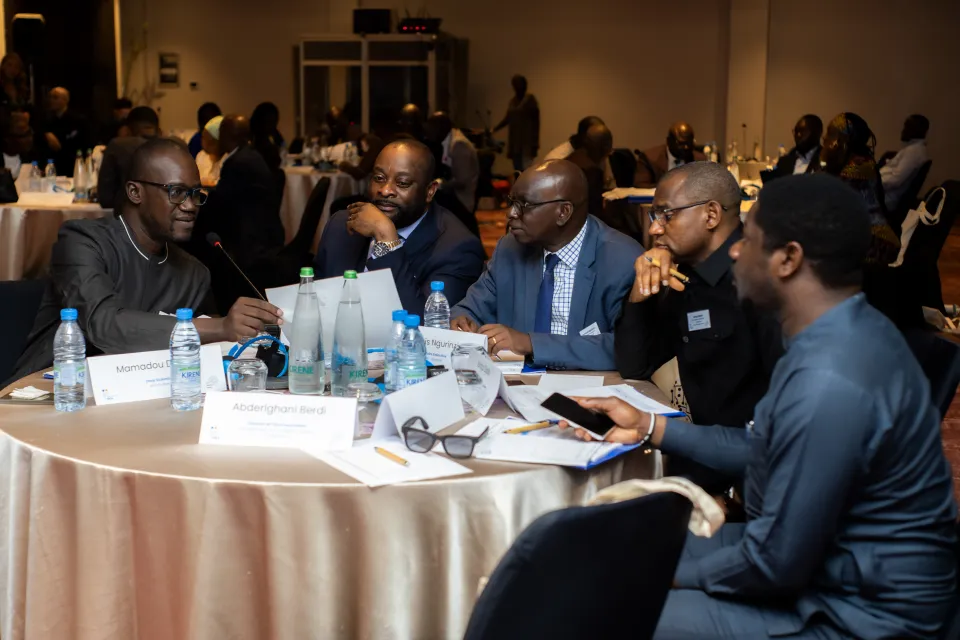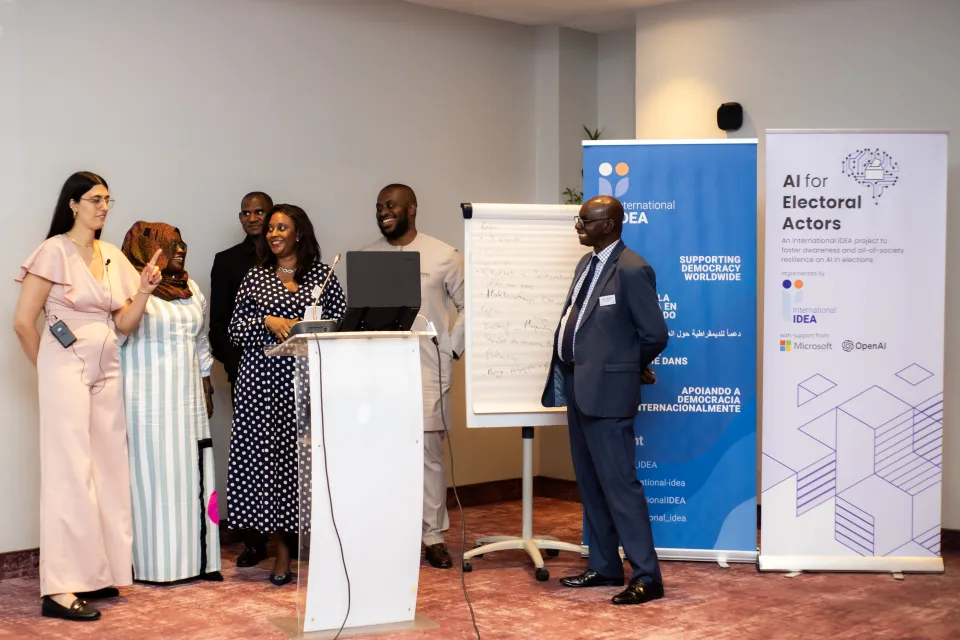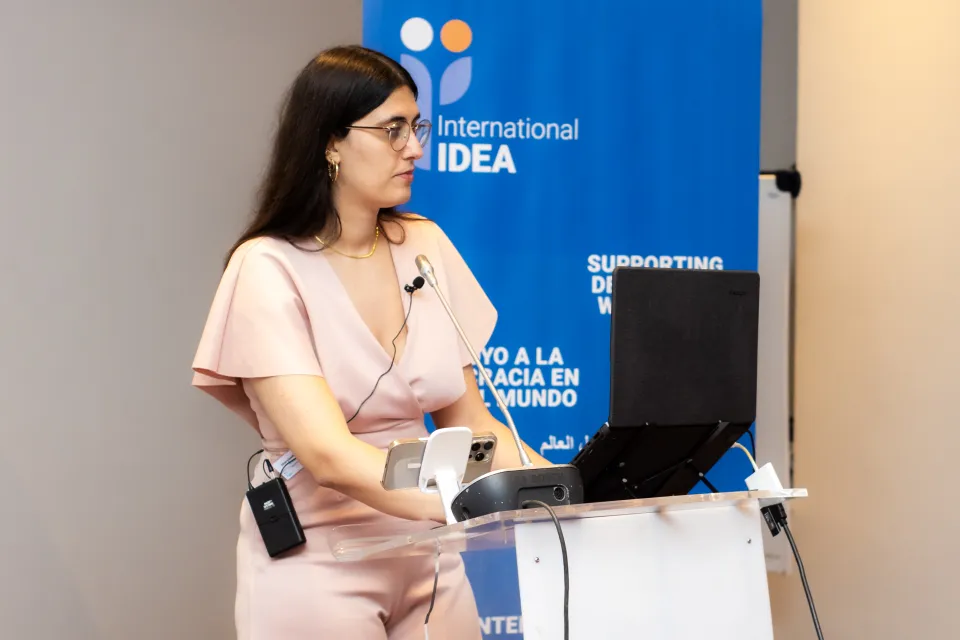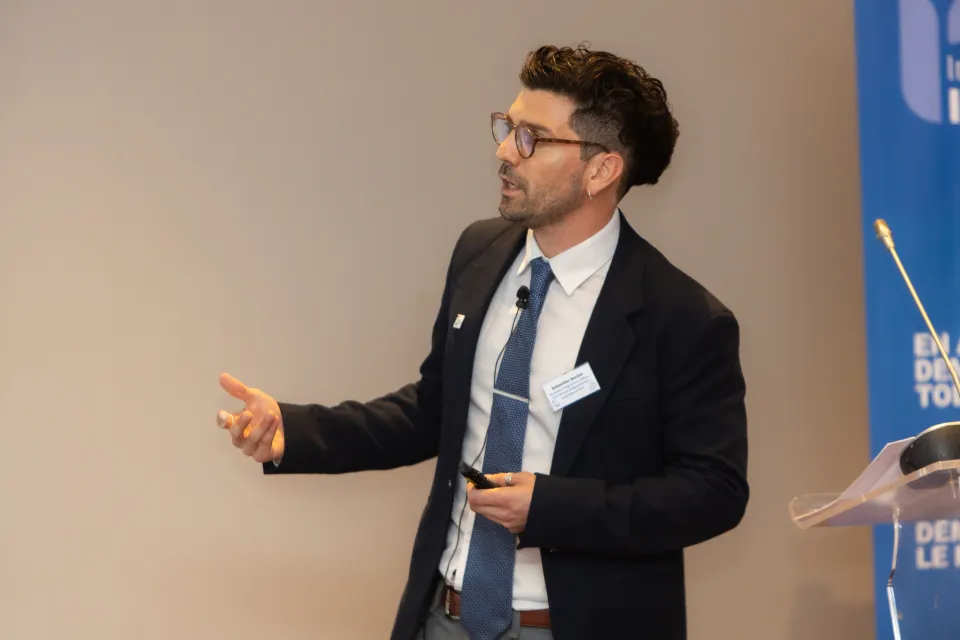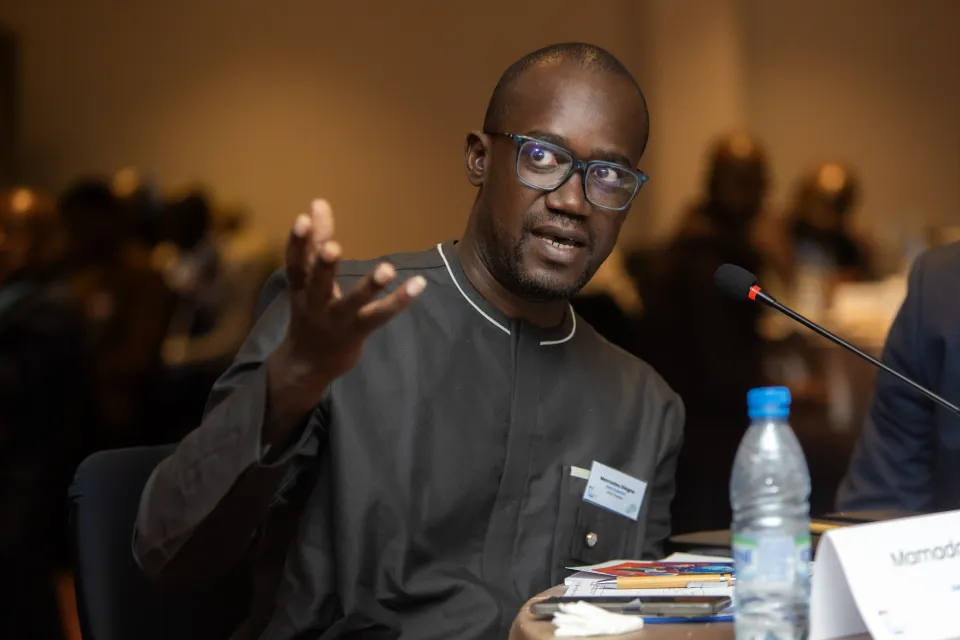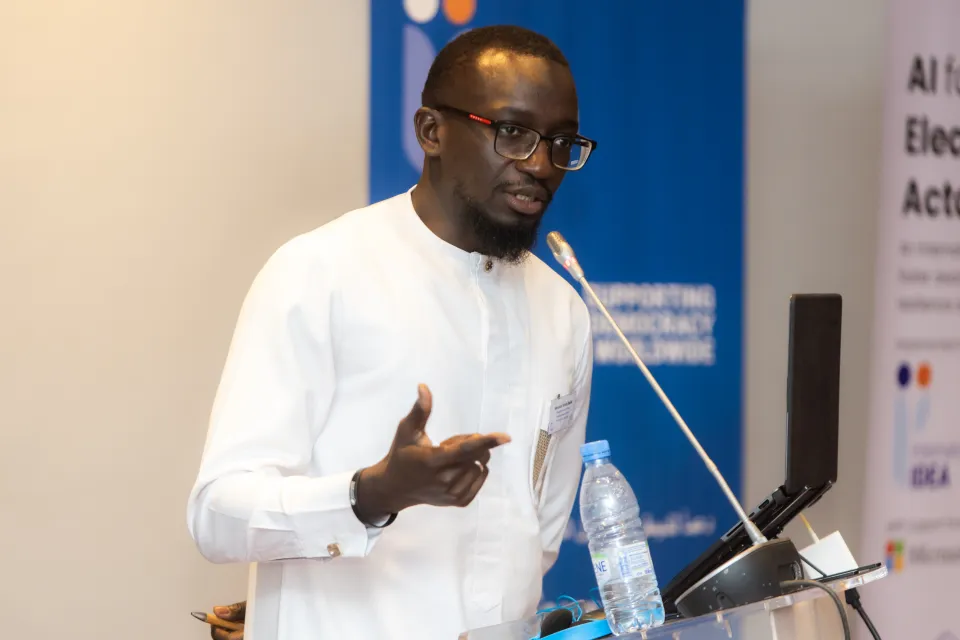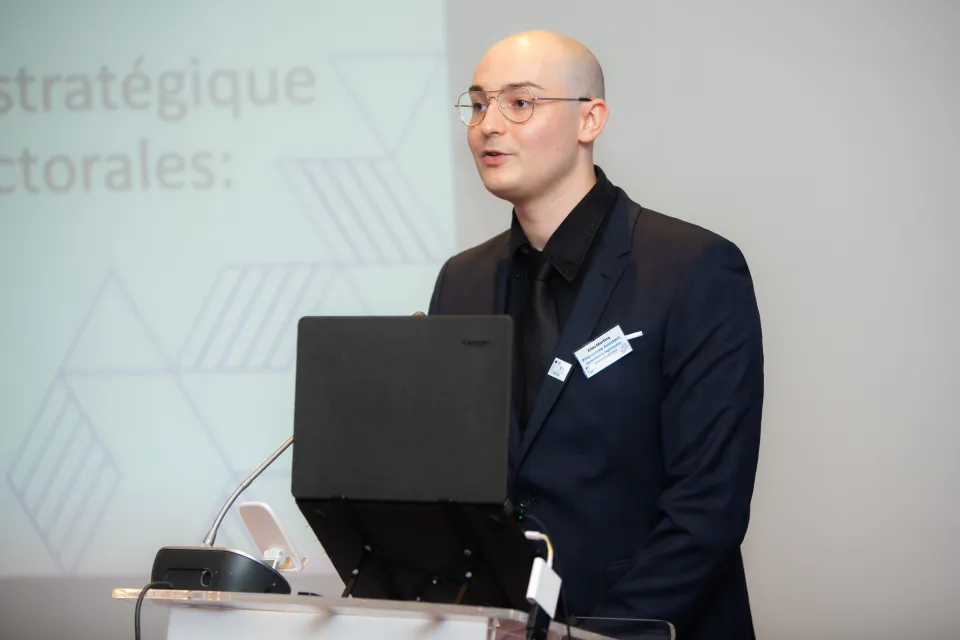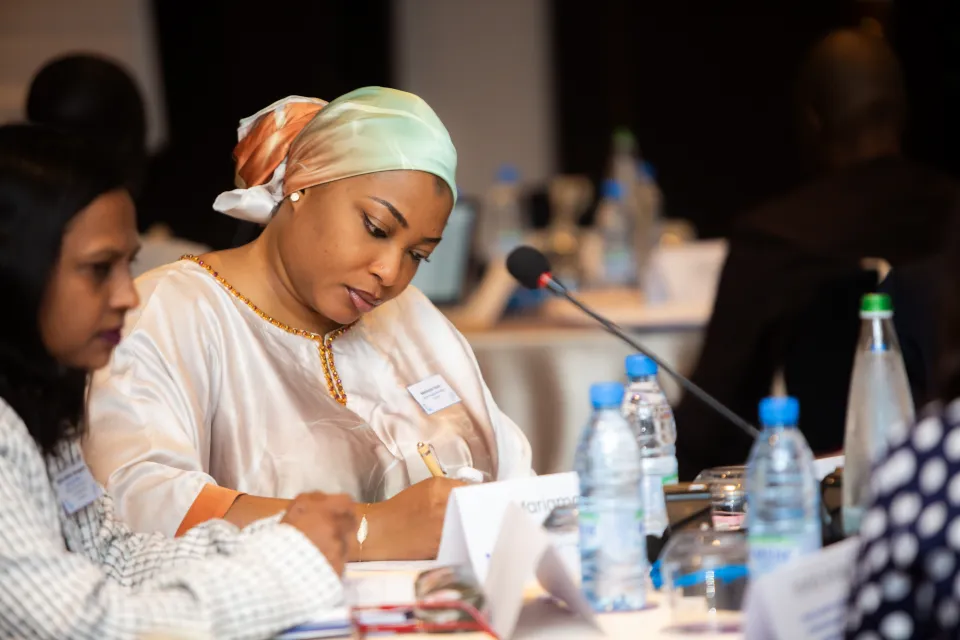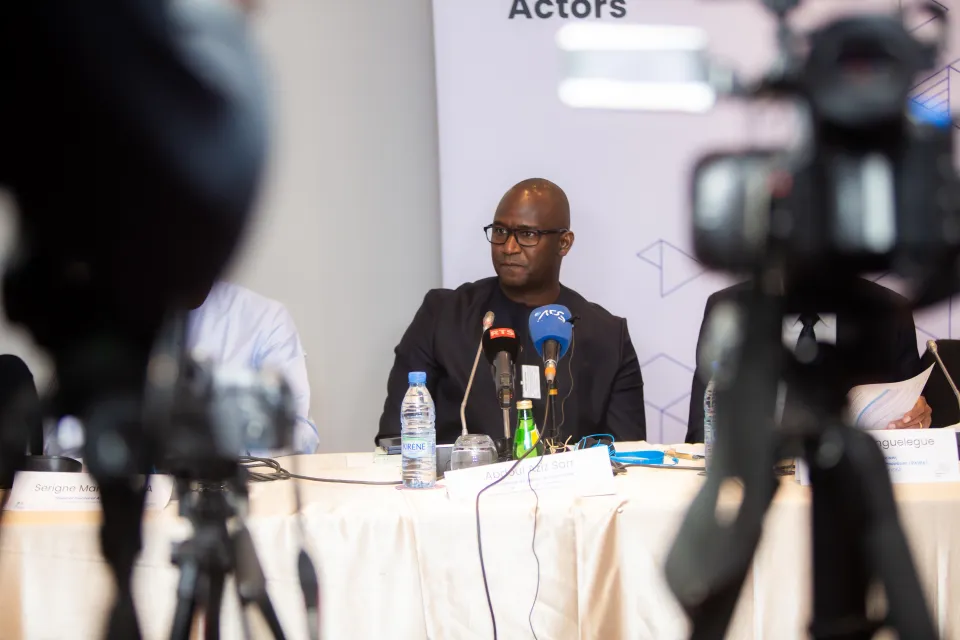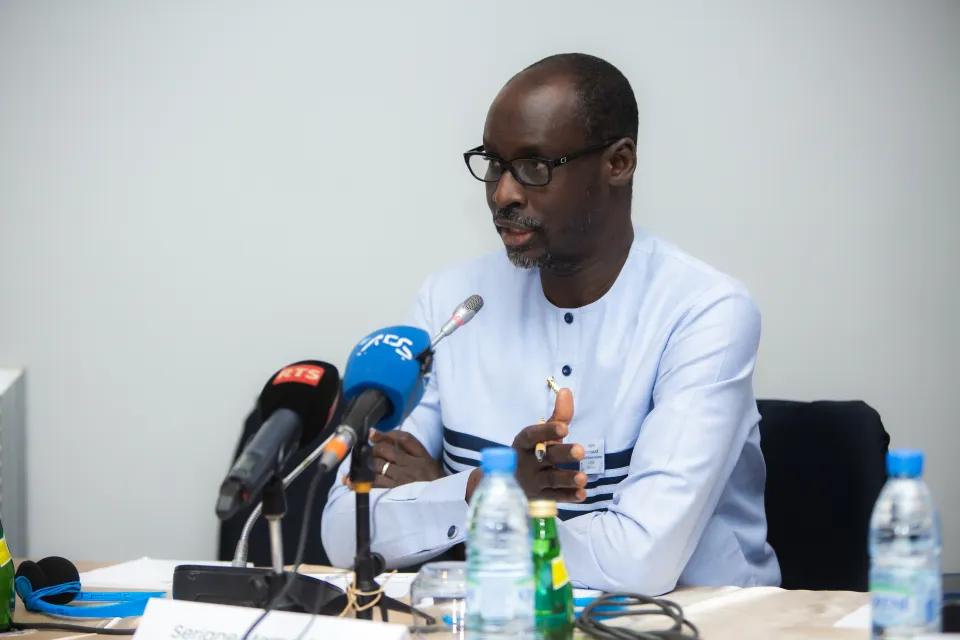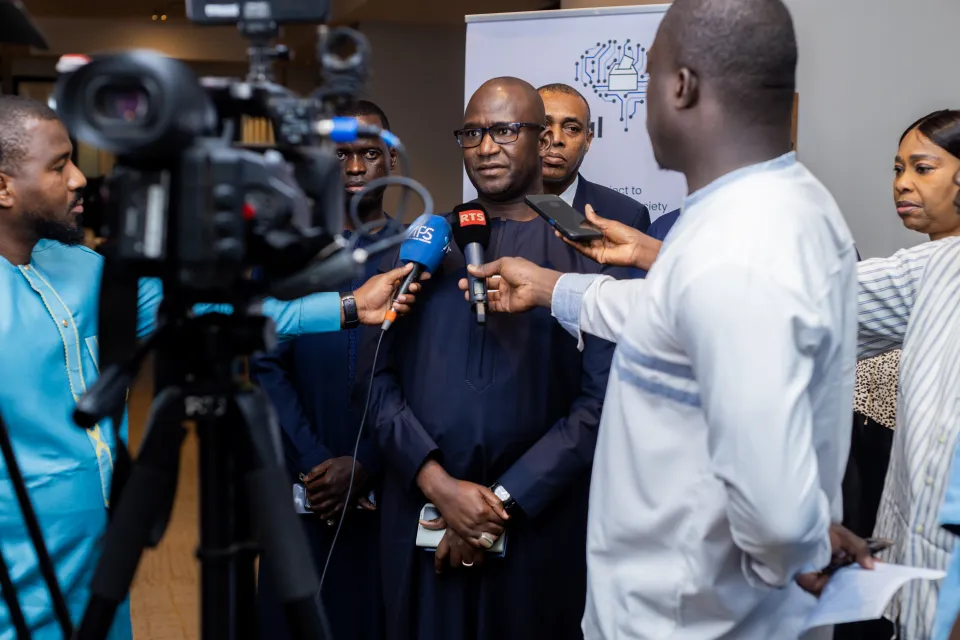Artificial Intelligence for Electoral Actors: Executive Workshop in Senegal
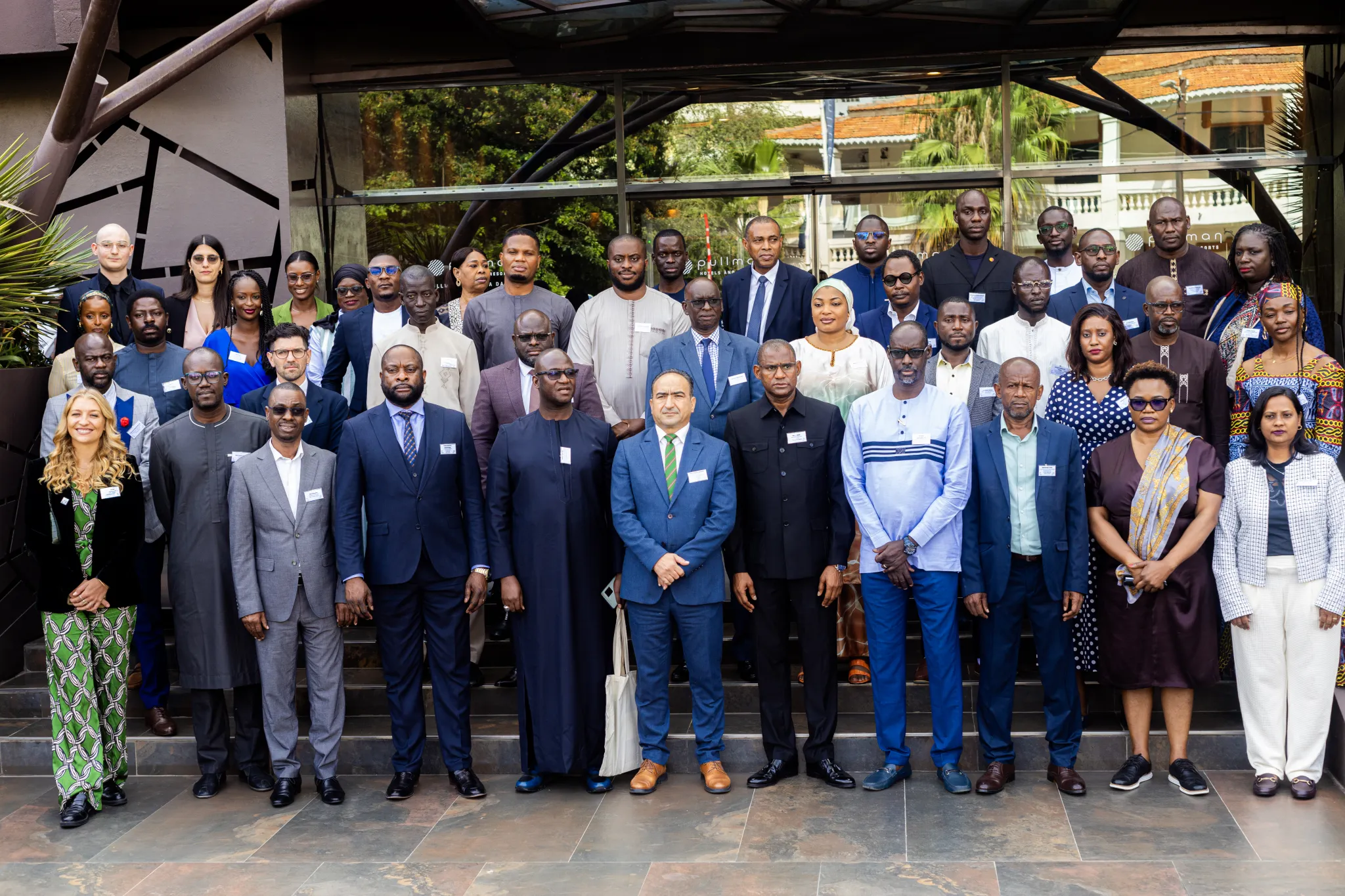
Organized in collaboration with the Direction Générale des Élections du Sénégal (DGE), and supported by Microsoft and OpenAI, the workshop brought together Electoral Management Bodies (EMBs) and Civil Society Organizations (CSOs) of Western Africa, to explore the role of Artificial Intelligence (AI) in elections.
The discussions approached AI from an intersectional approach with both ethical and democratic perspectives, aiming to deepen participants’ understanding of the benefits and risks of integrating AI into core democratic processes. With more than 40 participants, including representatives from EMBs across 10 West African countries and CSOs from diverse contexts, the workshop provided a unique opportunity to address existing gaps in electoral governance.
Participants highlighted the benefits of AI, particularly in enhancing electoral processes. Many EMBs shared experiences with biometric voter registration, noting that AI-driven systems have made registration more secure, accurate, and advanced. However, they also emphasized the importance of ensuring inclusivity, particularly for individuals with identity-related disabilities. Civic education was another area of opportunity, with discussions on the potential use of AI-powered chatbots to inform and engage the public about electoral processes.
The two-day workshop also examined first-hand regional experiences with AI, identifying three major areas of risk: disinformation, the protection of human rights, and the need to ensure just and transparent results. A key focus was placed on gender-based bias and discrimination. Given that 88% of online deepfakes target women, participants stressed the critical role of fact-checkers and electoral authorities in protecting women’s rights and ensuring their full participation in democracy.
Another concern raised was racial bias in AI systems. As many AI technologies are imported from Western countries and trained on datasets that may not reflect African realities, participants underscored the need for careful and context-sensitive implementation to prevent discriminatory outcomes.
By fostering dialogue on both opportunities and risks, the Dakar workshop marked an important step in supporting EMBs and CSOs in navigating the complex intersection of AI and democracy.
